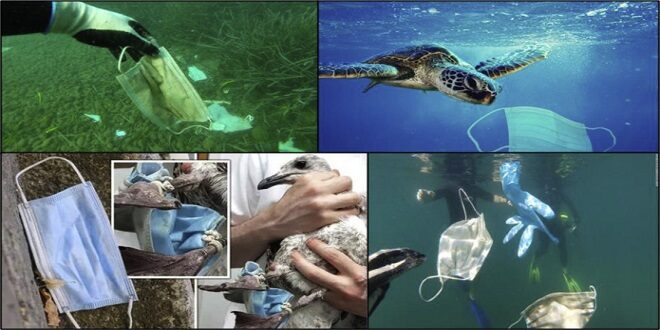Ever since the Covid-19 pandemic, disposable face masks have become an everyday necessity. While they’ve widely helped in containing the spread of the virus, their environmental impacts and dangers have also increased massively.
An average disposable face mask Australia can usually take many years to break down, hence, being more disastrous than helpful to the planet. However, people are switching to several other alternatives and solutions to combat this issue.
This article will help you understand how you can prevent the harmful impact of disposable masks on the environment.
How to effectively discard a disposable face mask Australia?
In the primitive years of the Covid-19 pandemic, the world witnessed strict guidelines and mandatory use of face masks. Even though the face mask litter was not as widespread in Australia as in other countries, the impact was still enough to cause an environmental disaster.
Discarded face masks are littering up in several places in Australia and are now harming the wildlife. There has been a significant increase in face mask littering in the country, especially after easing the strict lockdown guidelines.
Littering caused by face masks remained below 0.2% in the first three months of mask regulations in Australia. This happened majorly because the country was under very strict lockdowns that restricted people’s movements in the country.
So, here are some tips to help you dispose of face masks the right way.
1. Where to throw your disposable masks?
Australia recently witnessed the disposal of face masks in the recycling bin. However, the right place to dispose of the face masks is to throw them inside your regular rubbish bin.
Since disposable or even surgical masks are not recyclable, disposing them in a recycling bin only makes matters worse. Hence, make sure that they only end up in your regular trash can every time you throw the masks.
If you or someone in your home may have the Covid-19 virus, then the ideal way to dispose of it would be to seal the masks in a plastic or paper bag and then throw it in your bin.
2. Make sure to snip the snaps
The majority of masks have straps made of rubber or similar materials. Such materials can be highly damaging to wildlife as well as marine life.
Snipping the straps before disposing of them ensures that this does not cause any trouble to the wildlife or marine life and saves them from entangling in the straps. Some water birds in Australia have fallen prey and are highly vulnerable to the straps of these masks.
Even if you’re throwing it in your regular trash bin, the chances are that it will most likely end up in a waterway.
3. Organise the masks littering the street
Littering face masks on the streets are extremely dangerous to the environment, birds, and animals. If you see them littered on the streets, the ideal solution is to follow a few precautions and dispose of them in the trash.
While picking up litter from the streets, you need strict precautions as the face masks could be potentially contaminated with several viruses and even the Covid-19 virus. So, make sure to always wear gloves before picking them up. Once you’ve thrown the mask in the trash, carefully throw the gloves, and then wash your hands thoroughly.
However, do not pick up litter from the streets if you are uncomfortable doing so.
Wrapping up
Face masks have been one of the greatest blessings to humankind in combating the Covid-19 virus. While they have effectively helped us survive the virus, they have also added to the multiple environmental hazards. As the country is gradually observing normalcy, it is important to remember these hazards and take necessary actions.
Make sure to follow the points mentioned above to know and understand effective ways to dispose of face masks and save the environment.
 BESTCITYTRIPS
BESTCITYTRIPS




